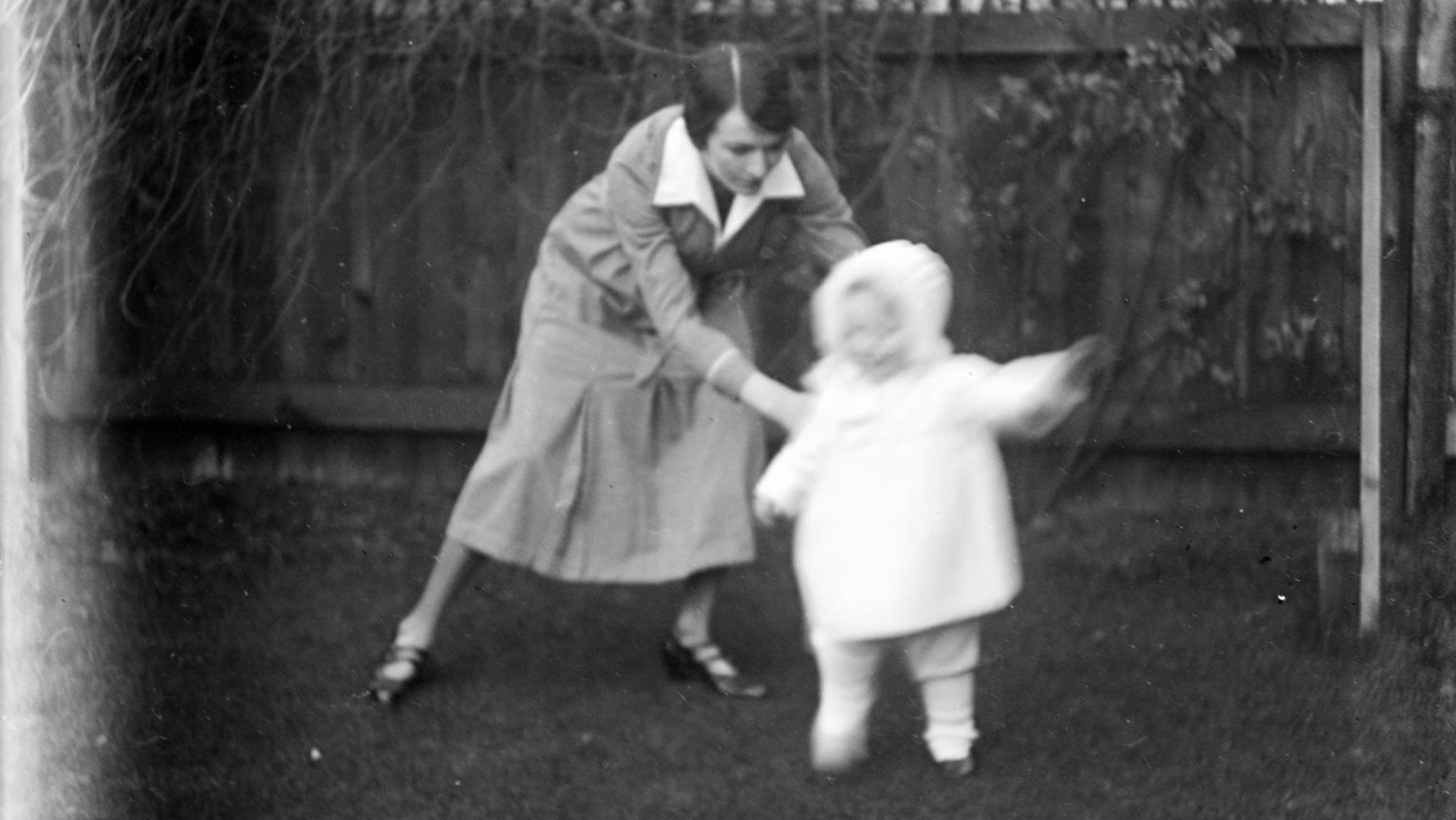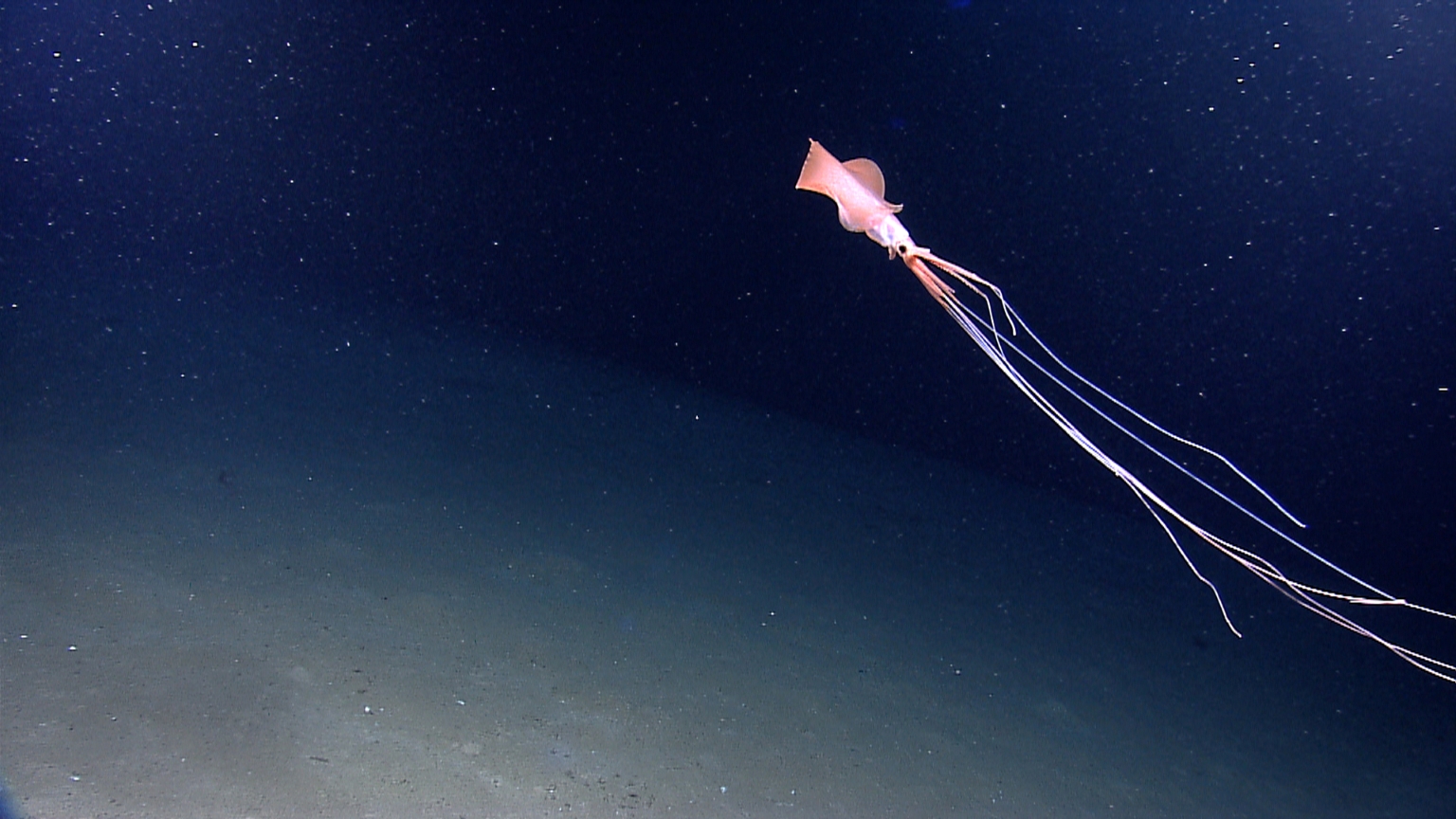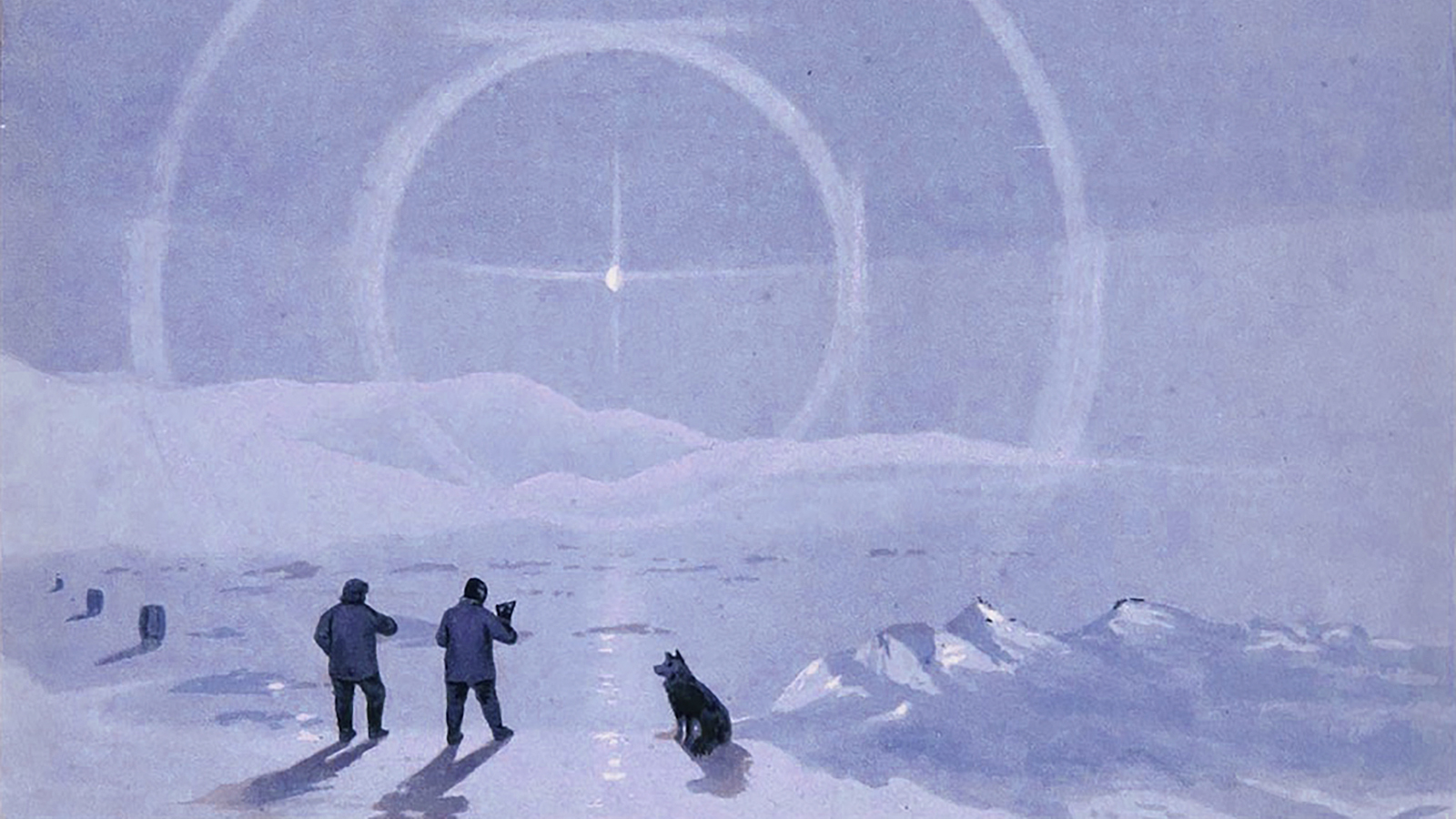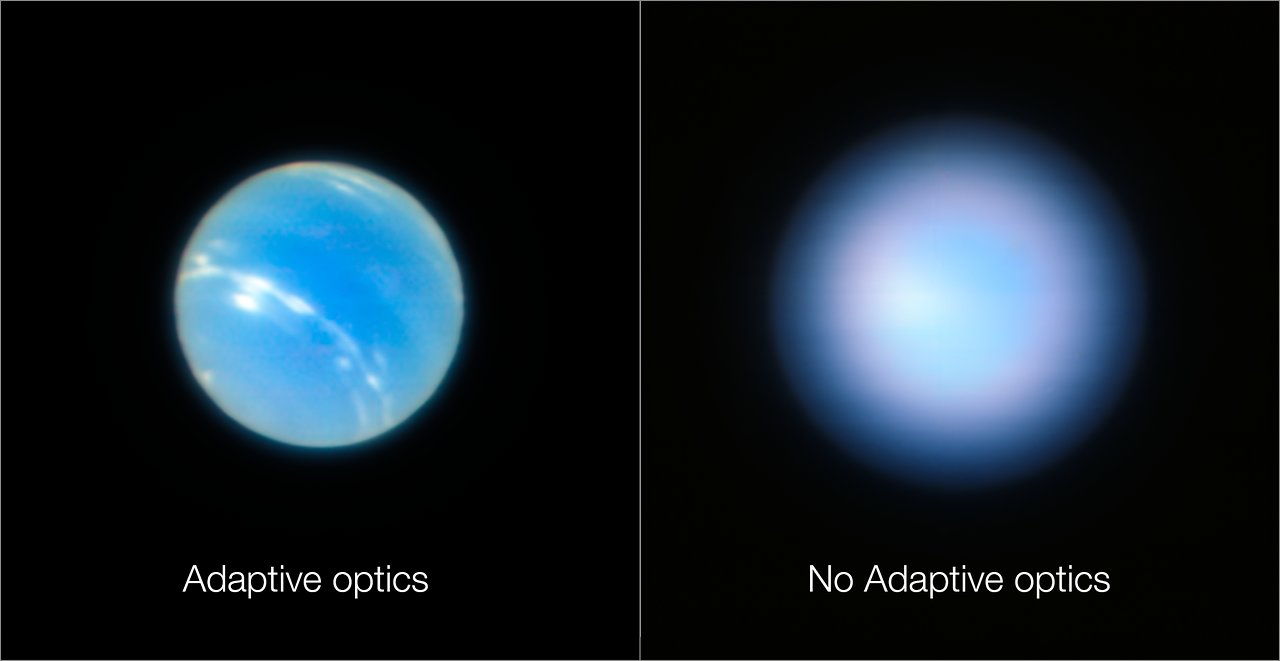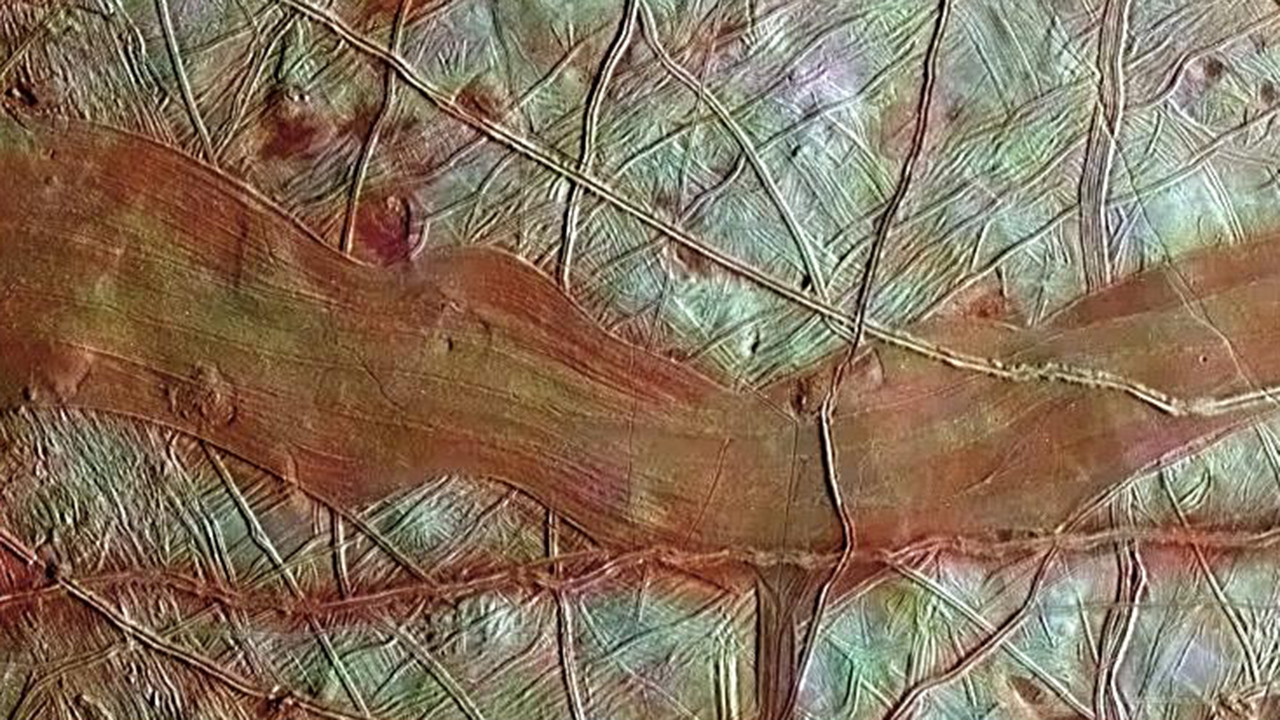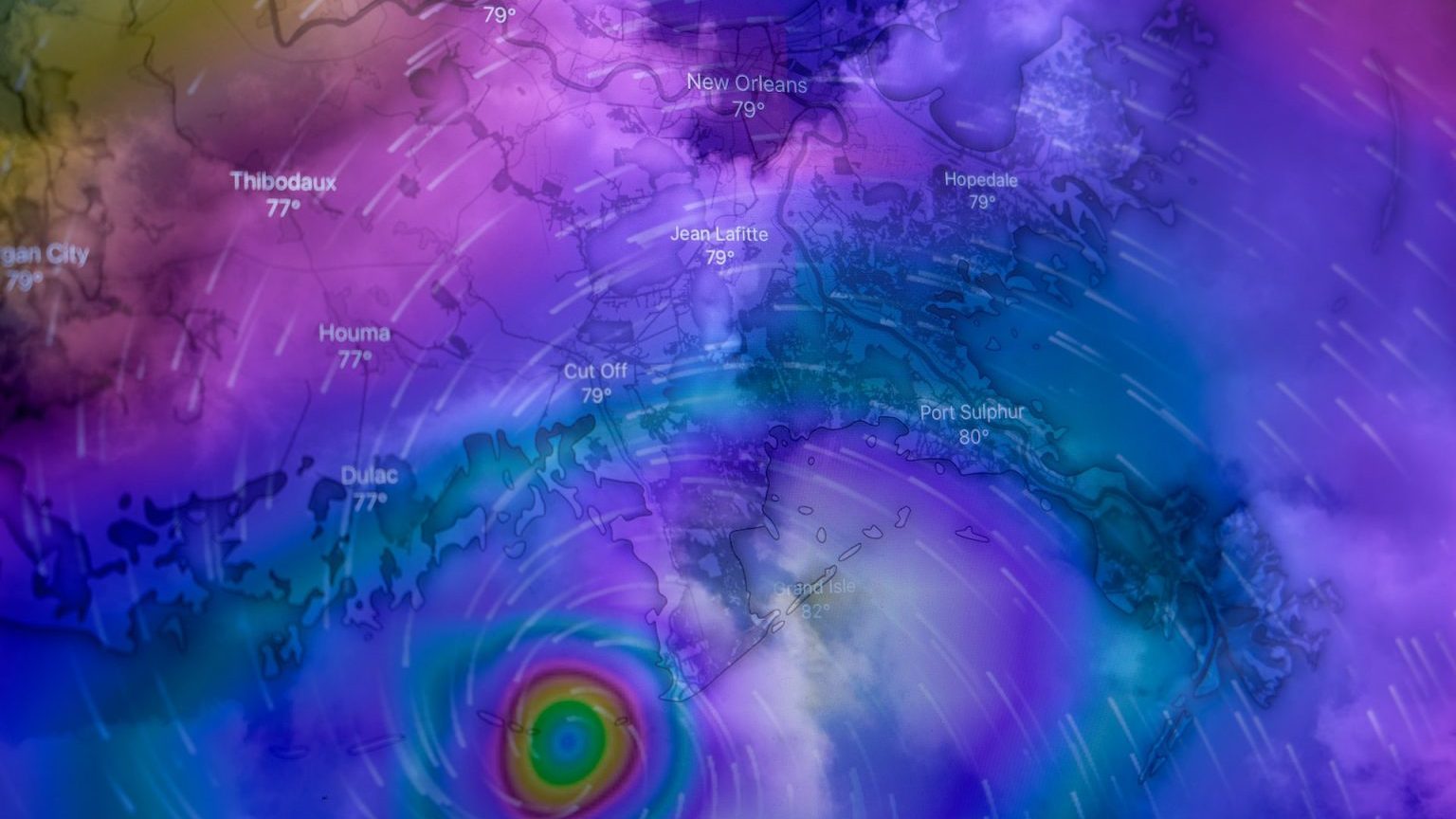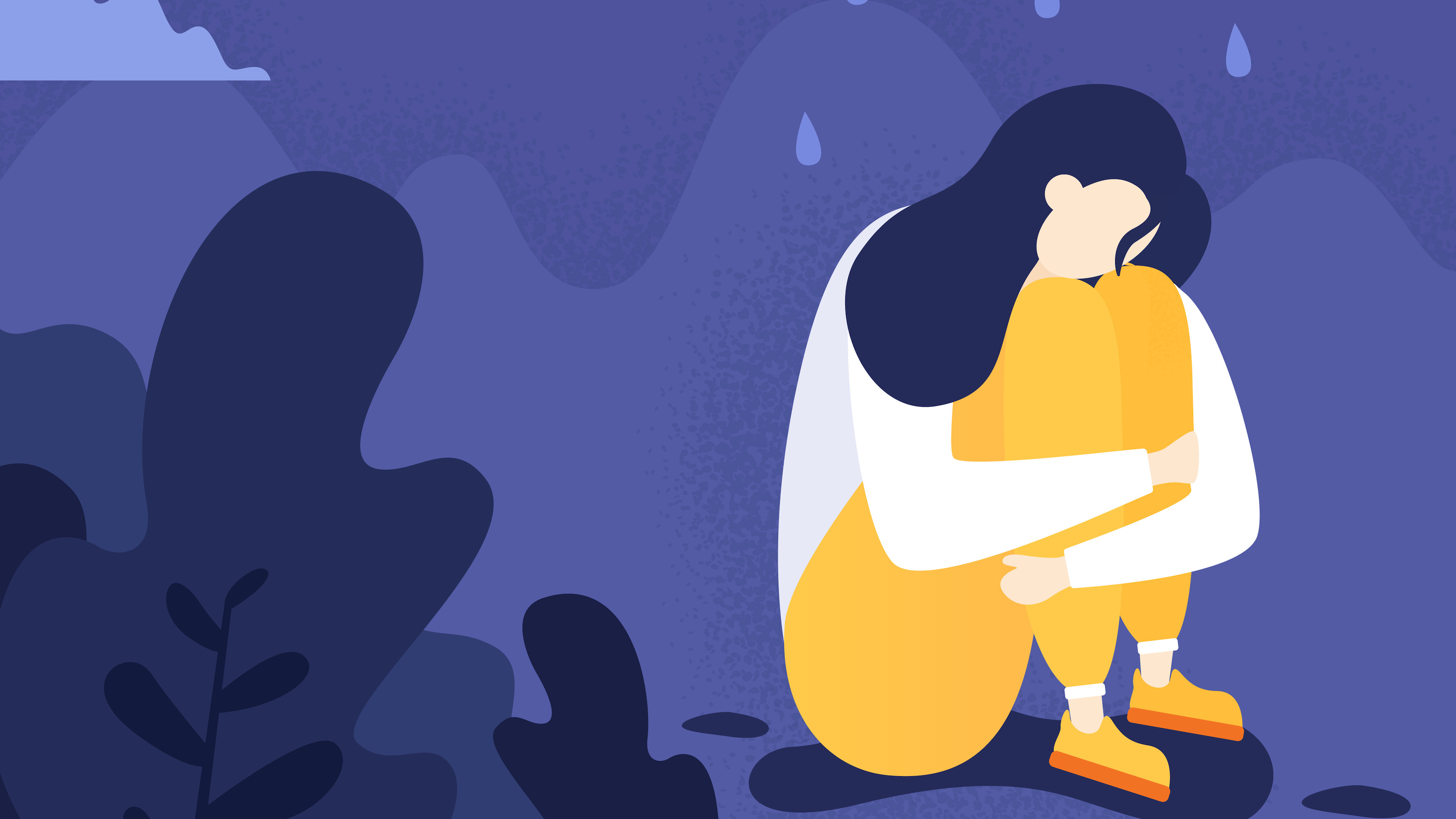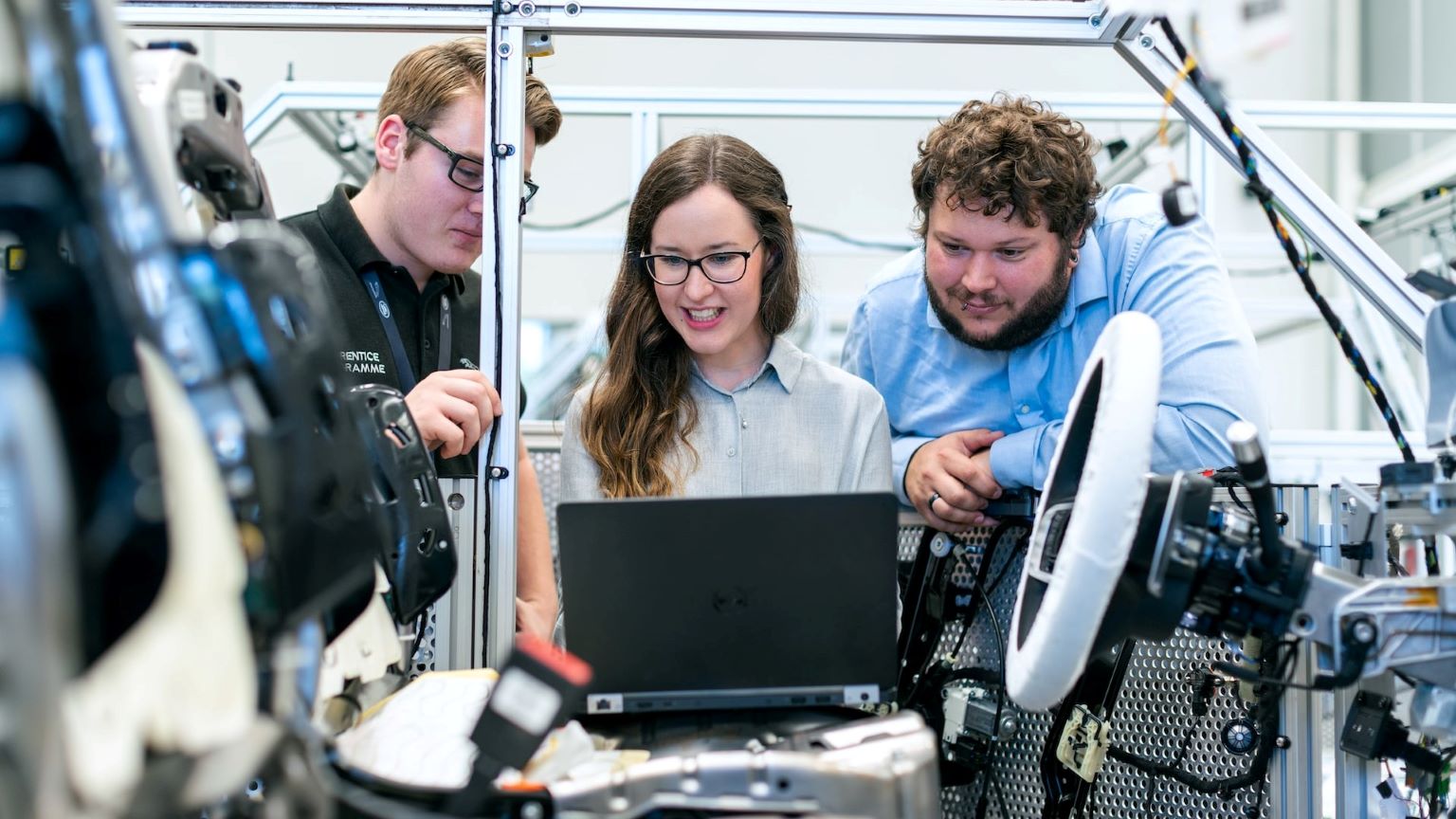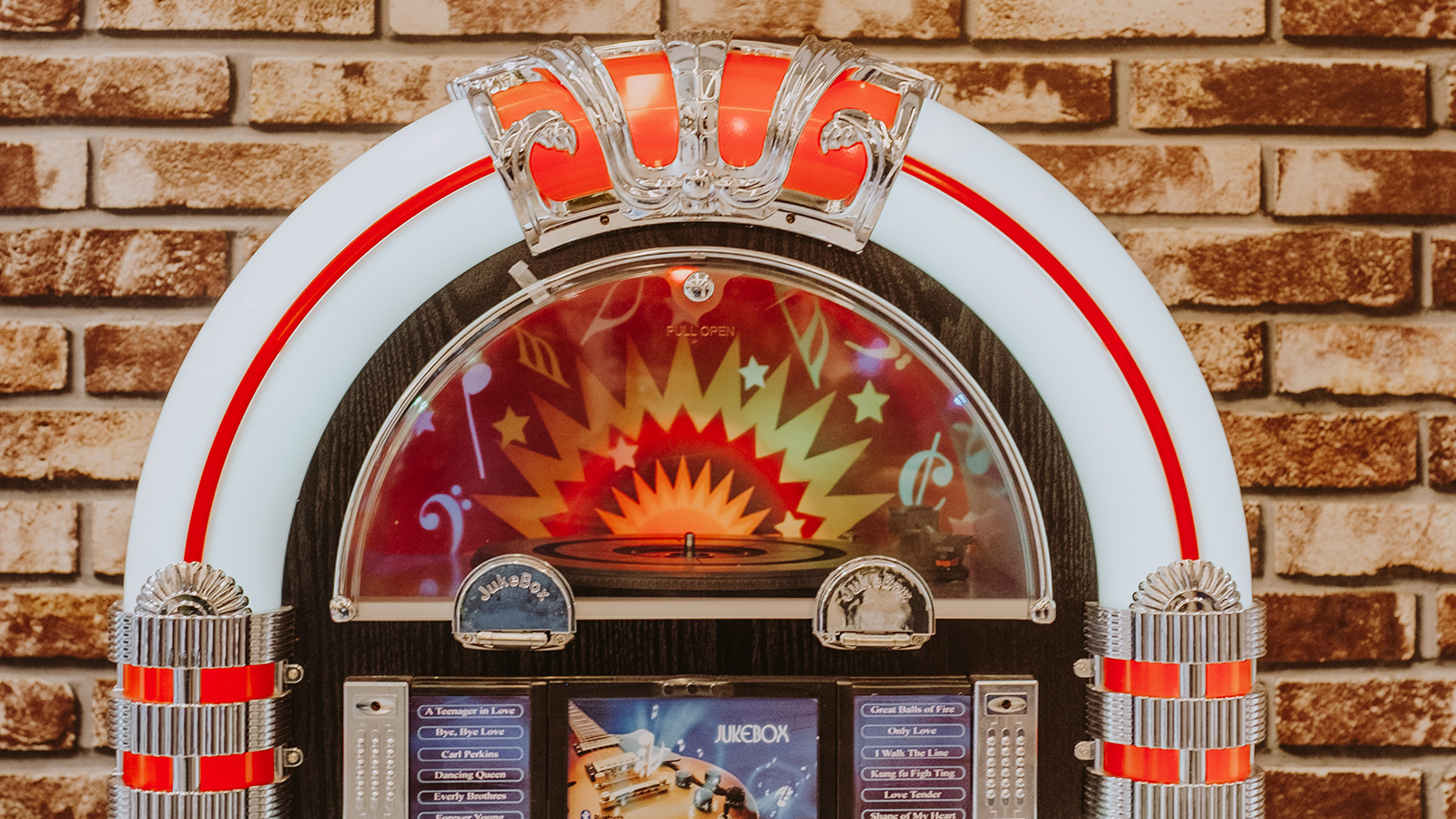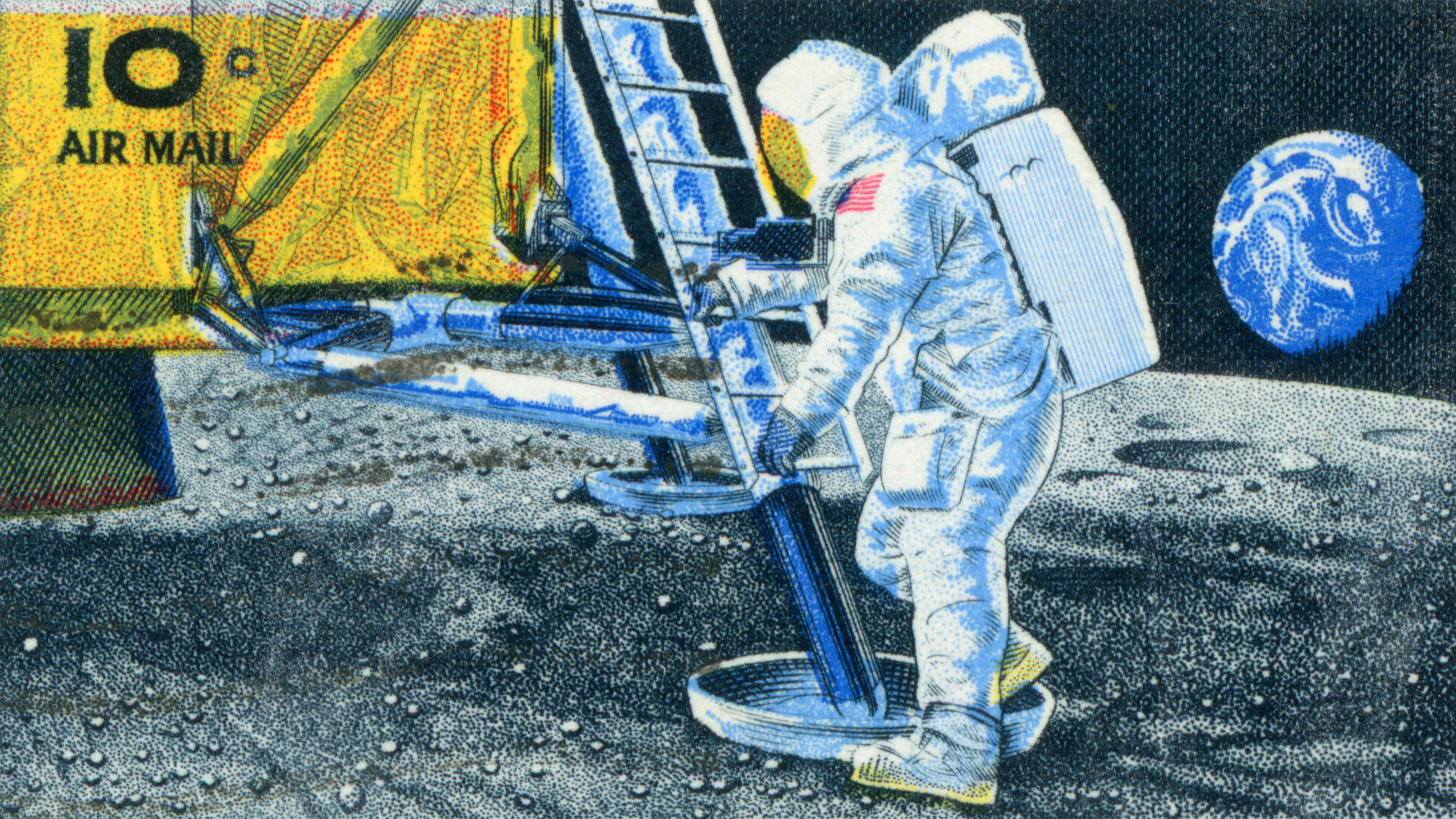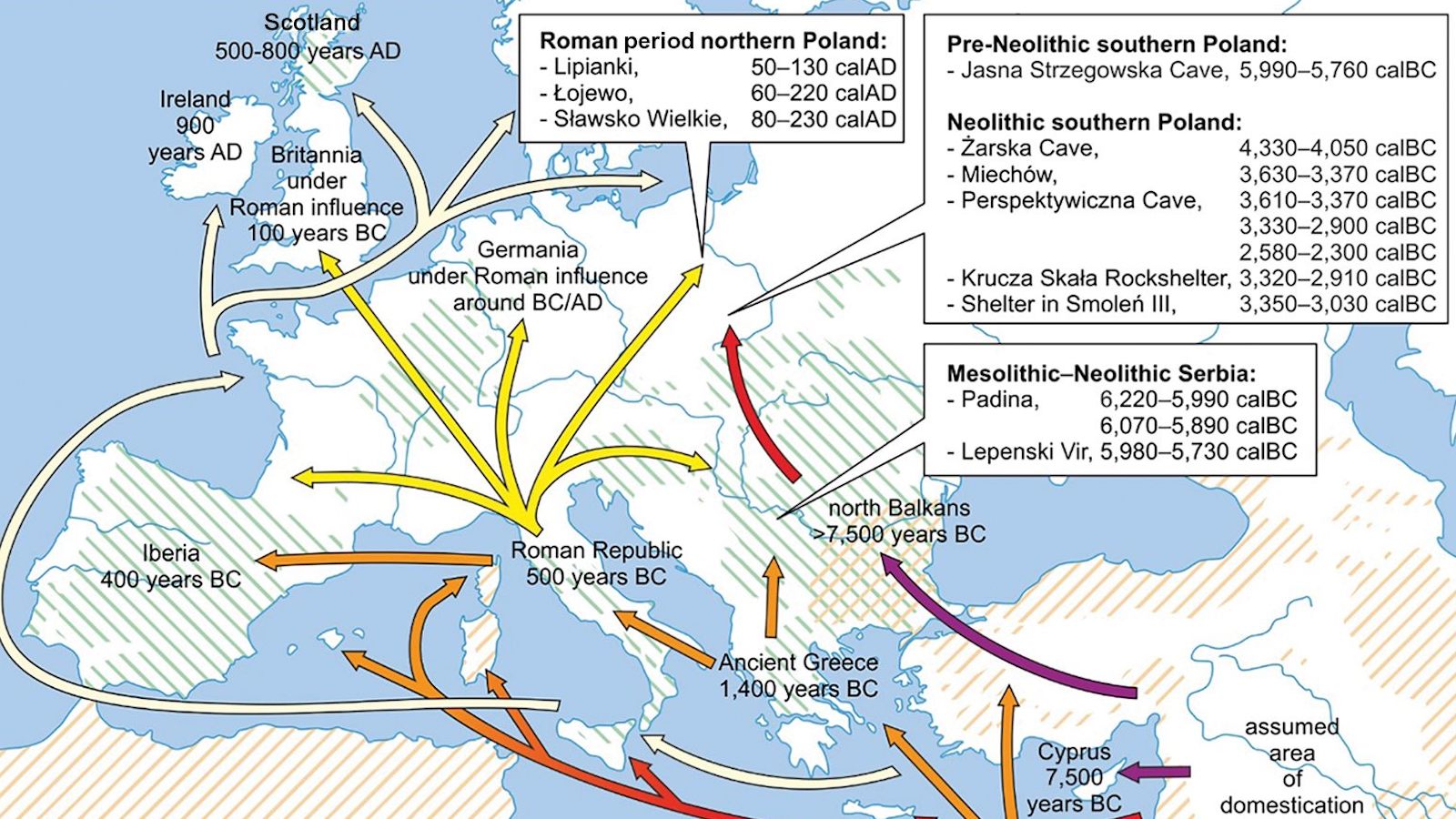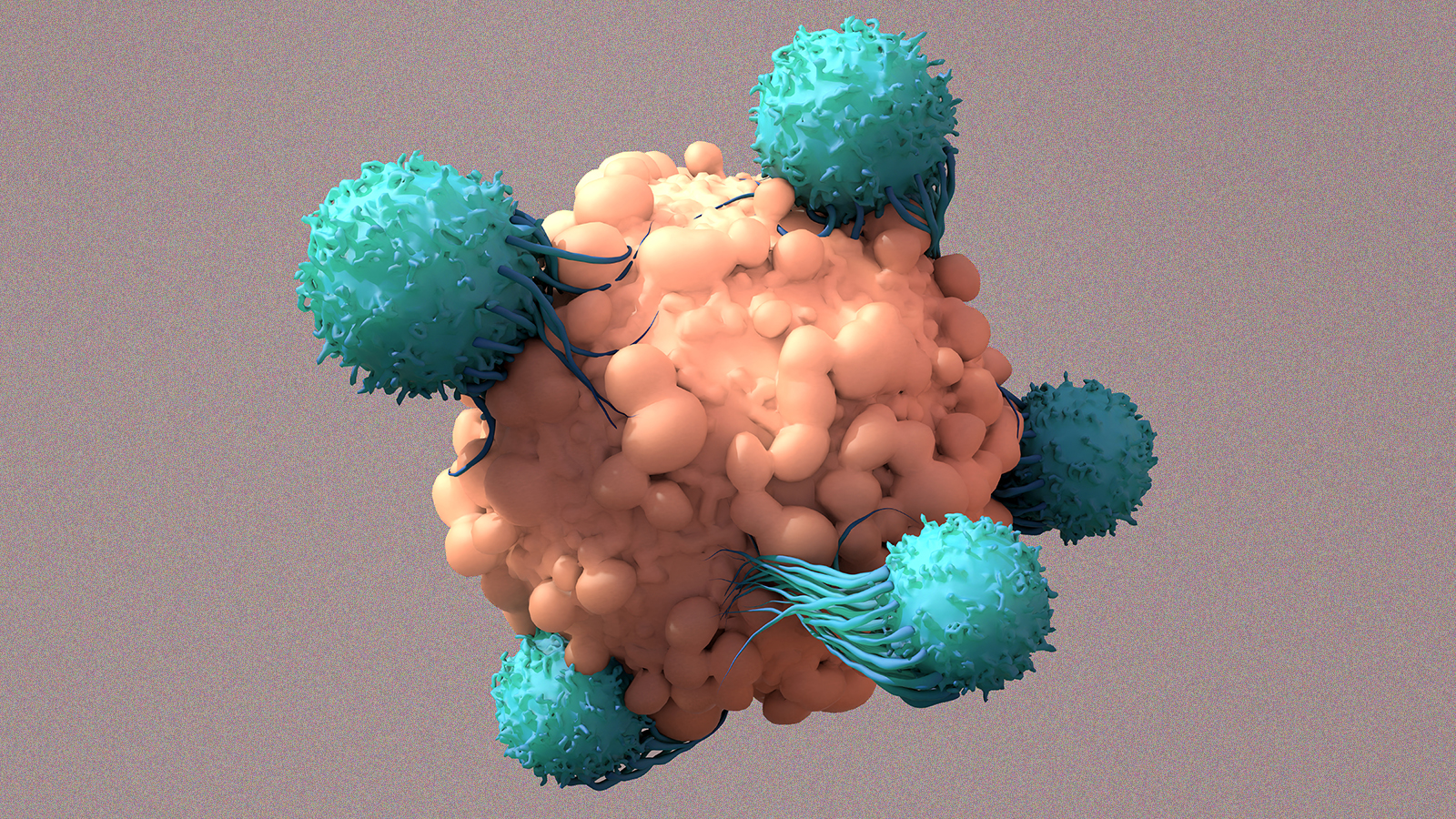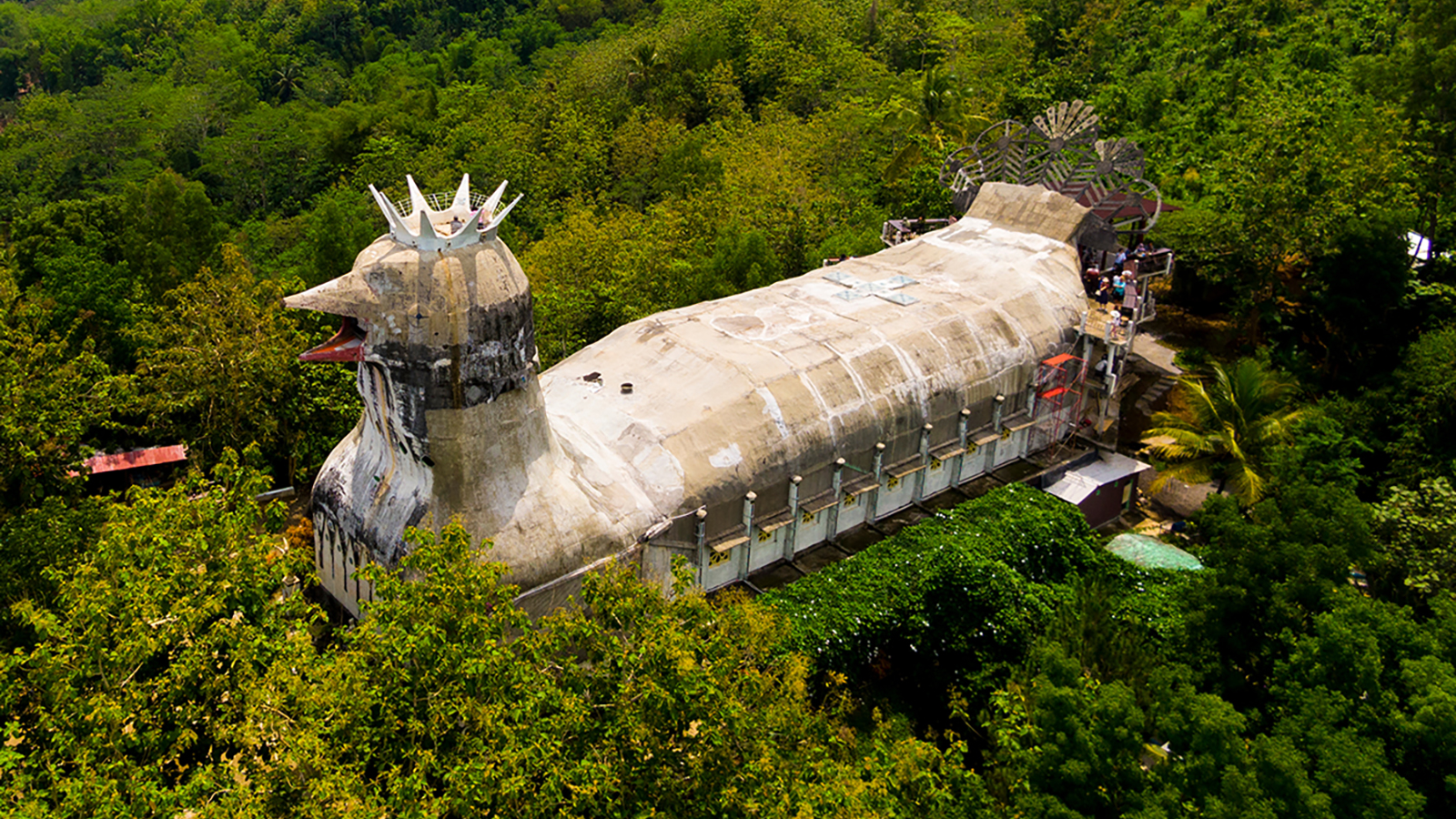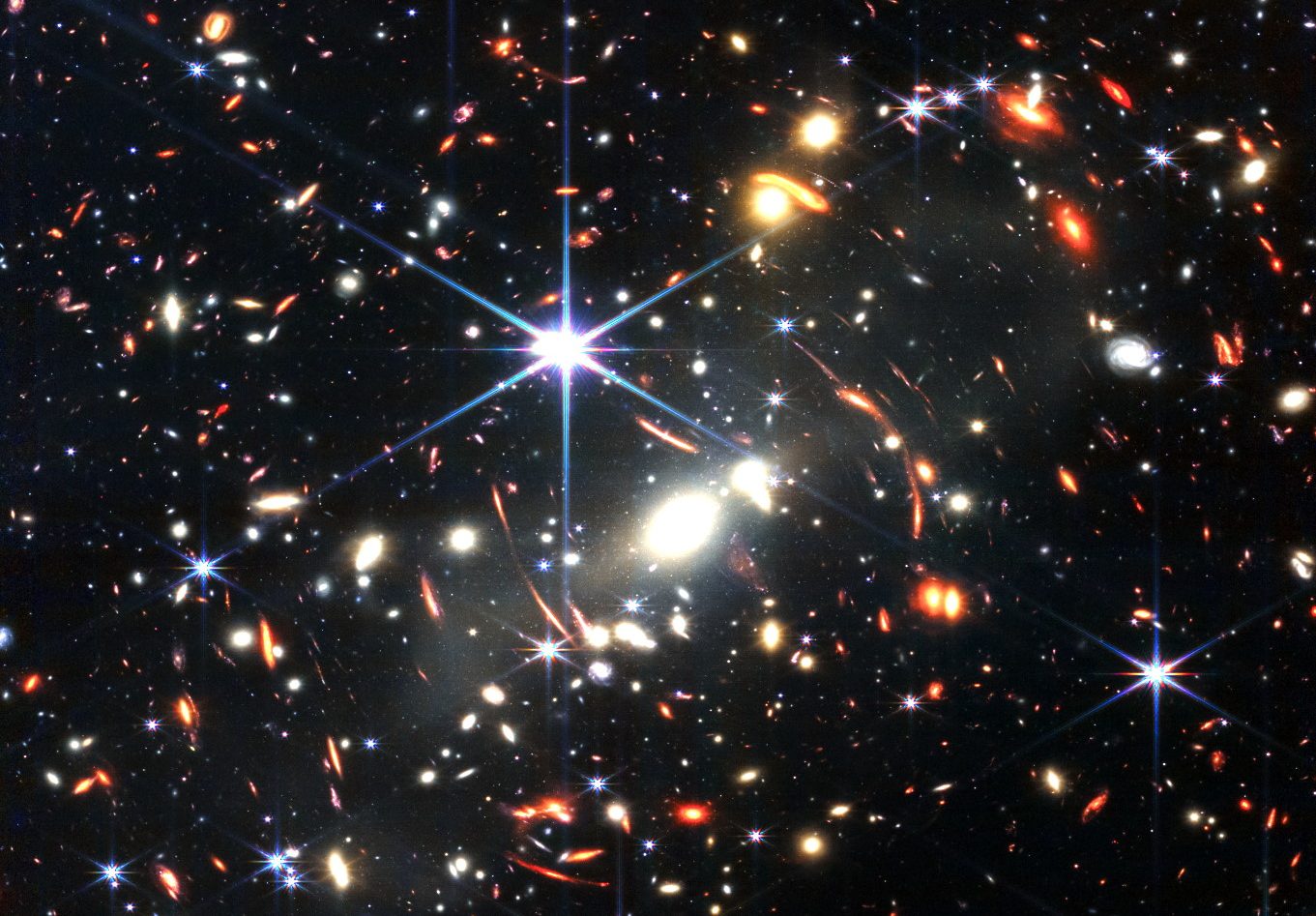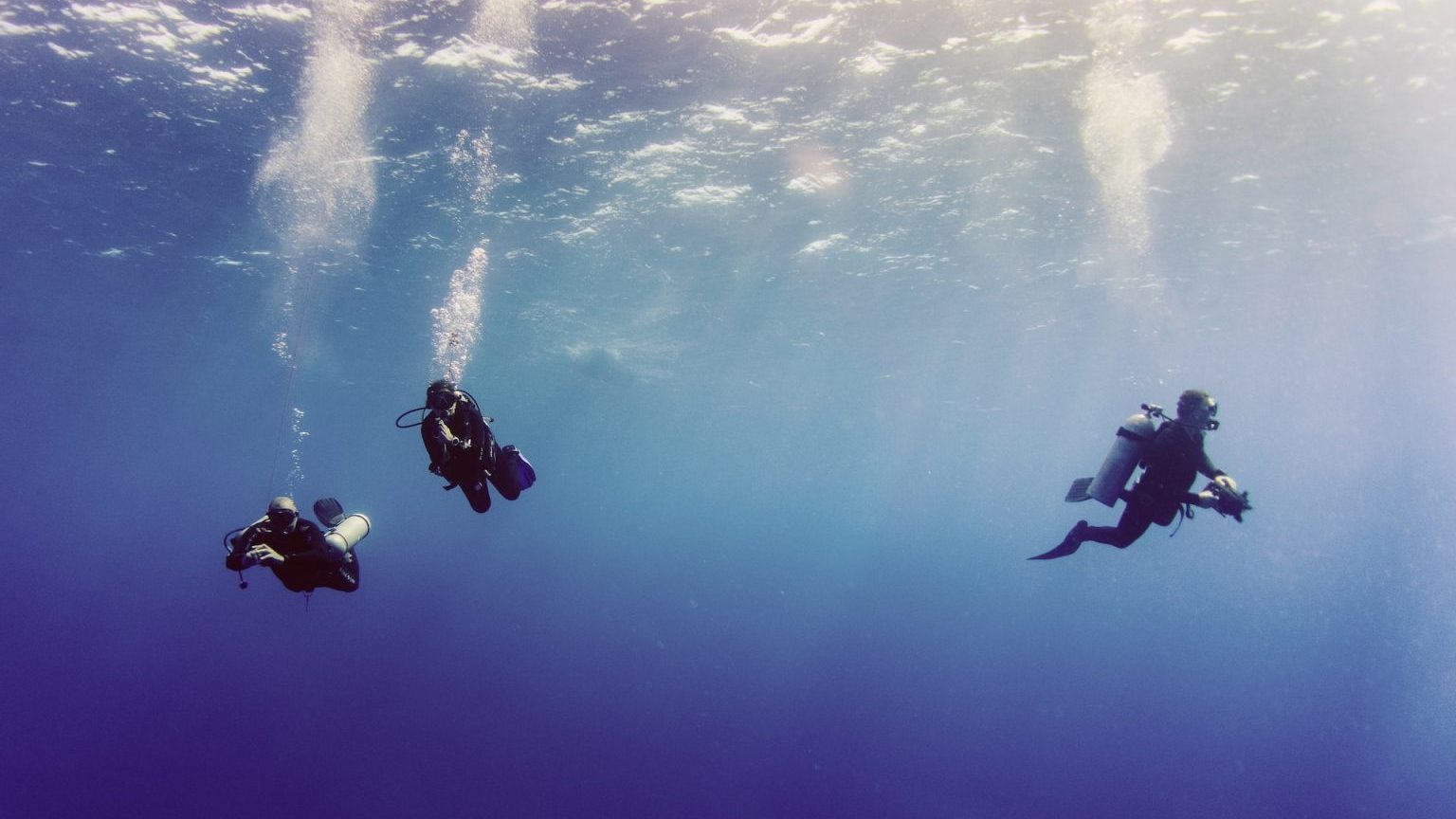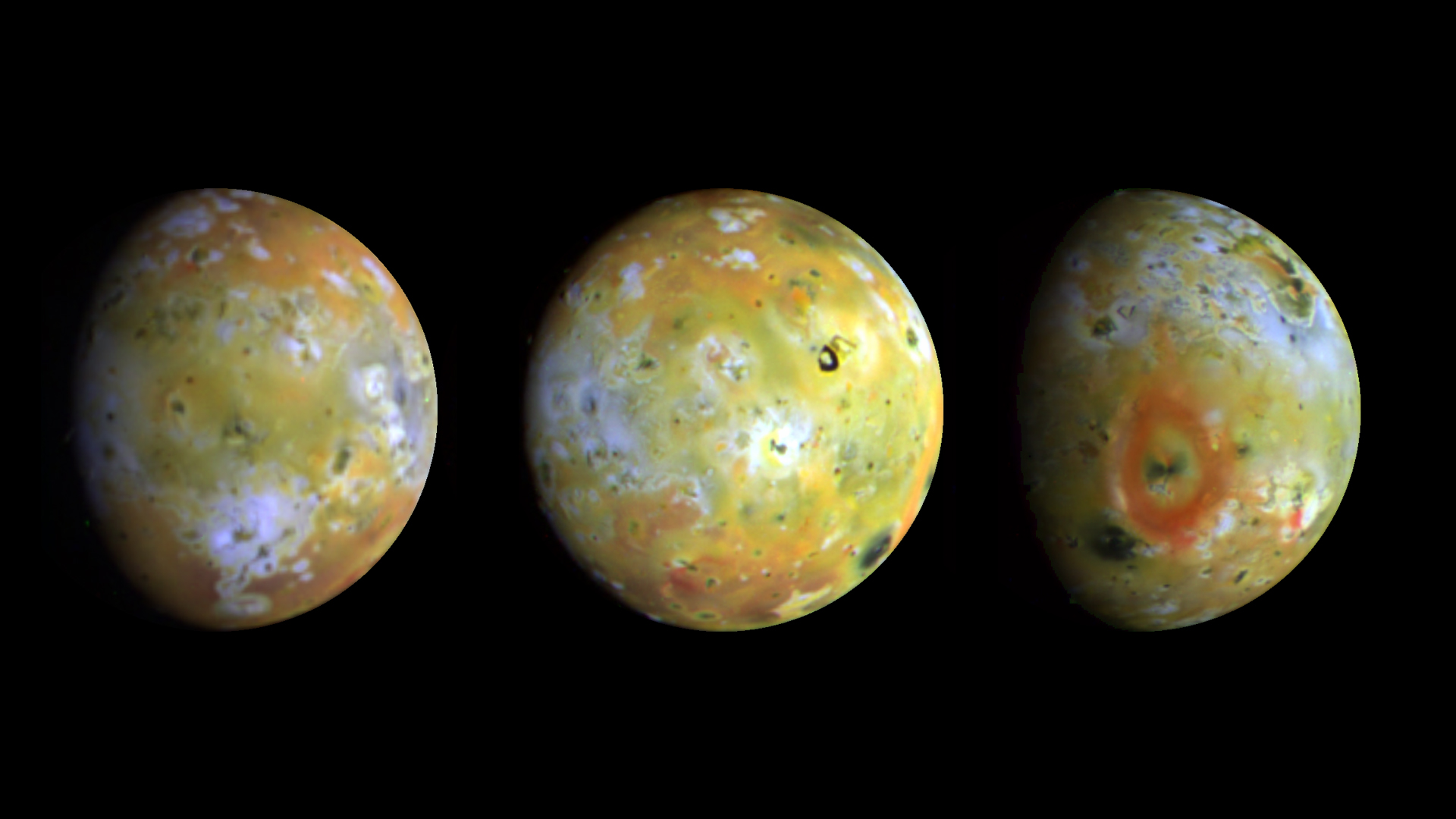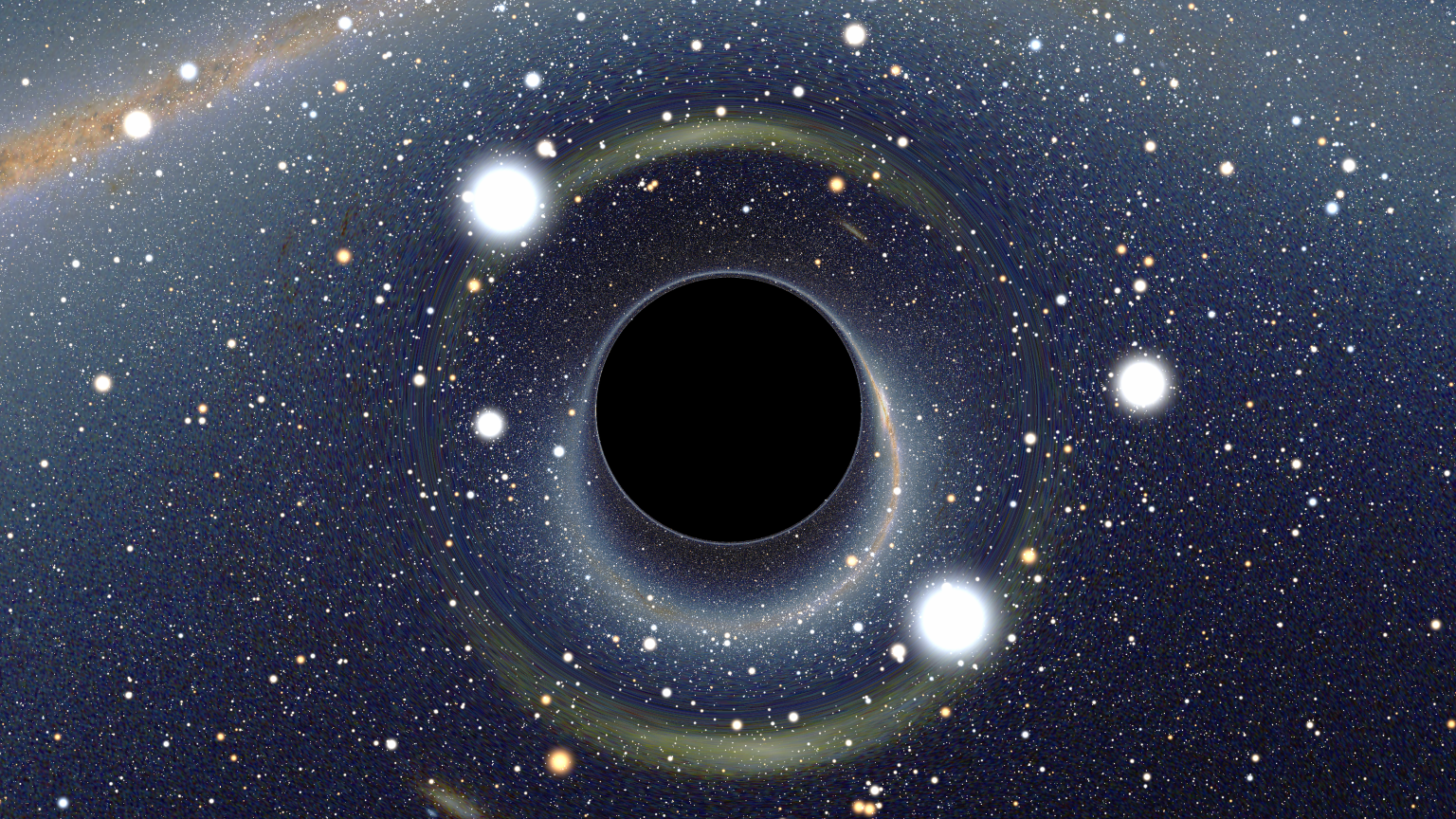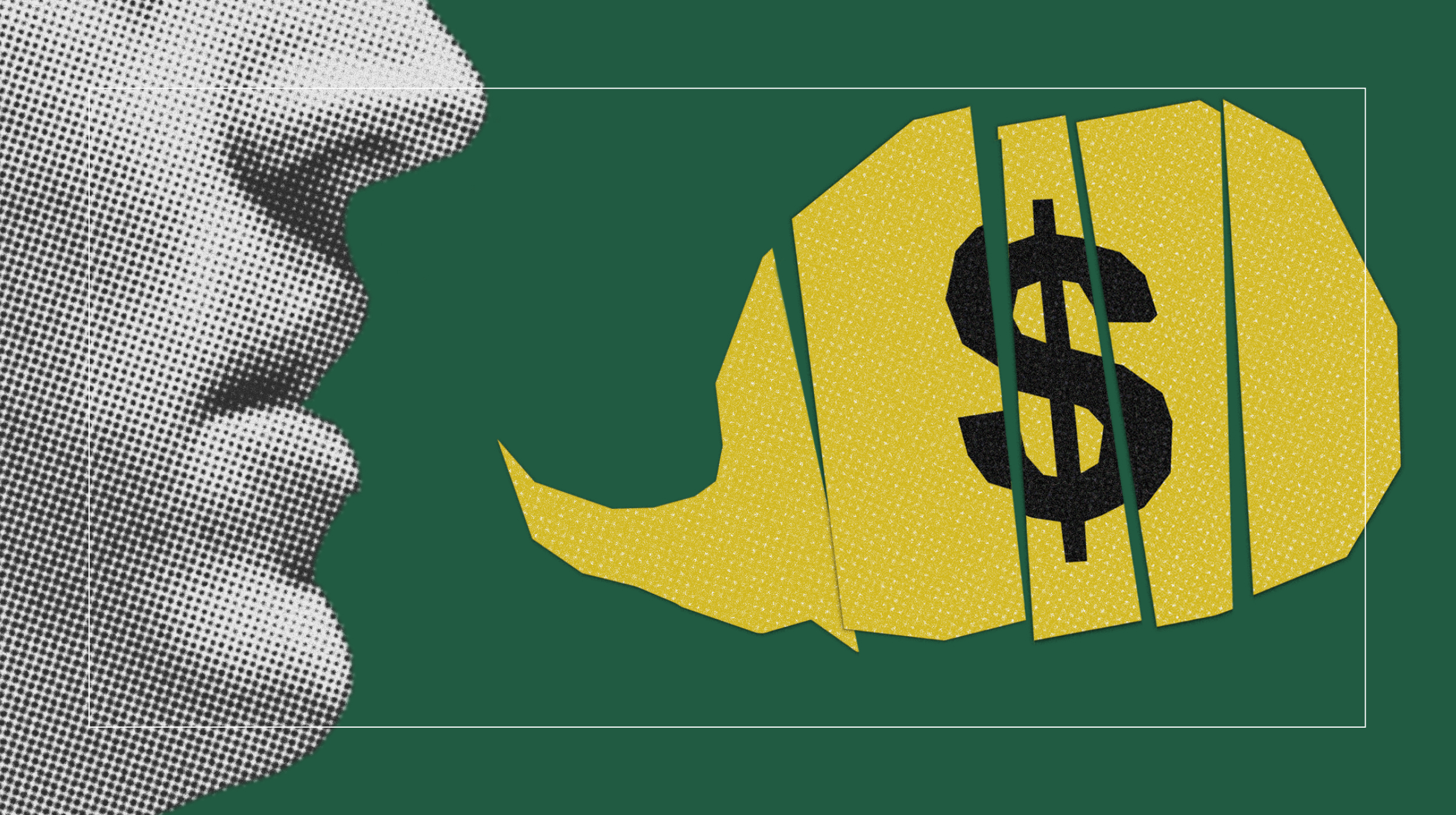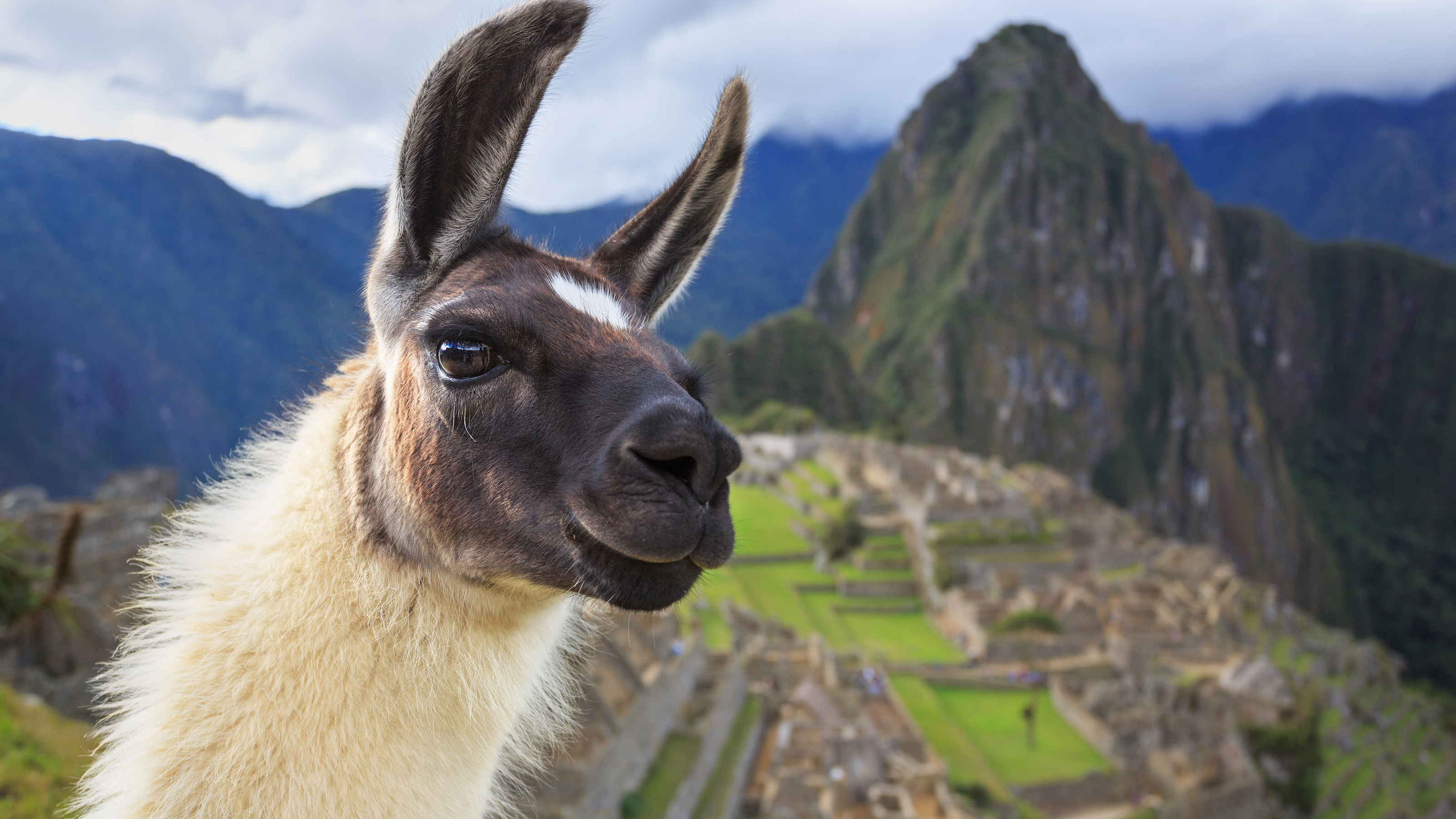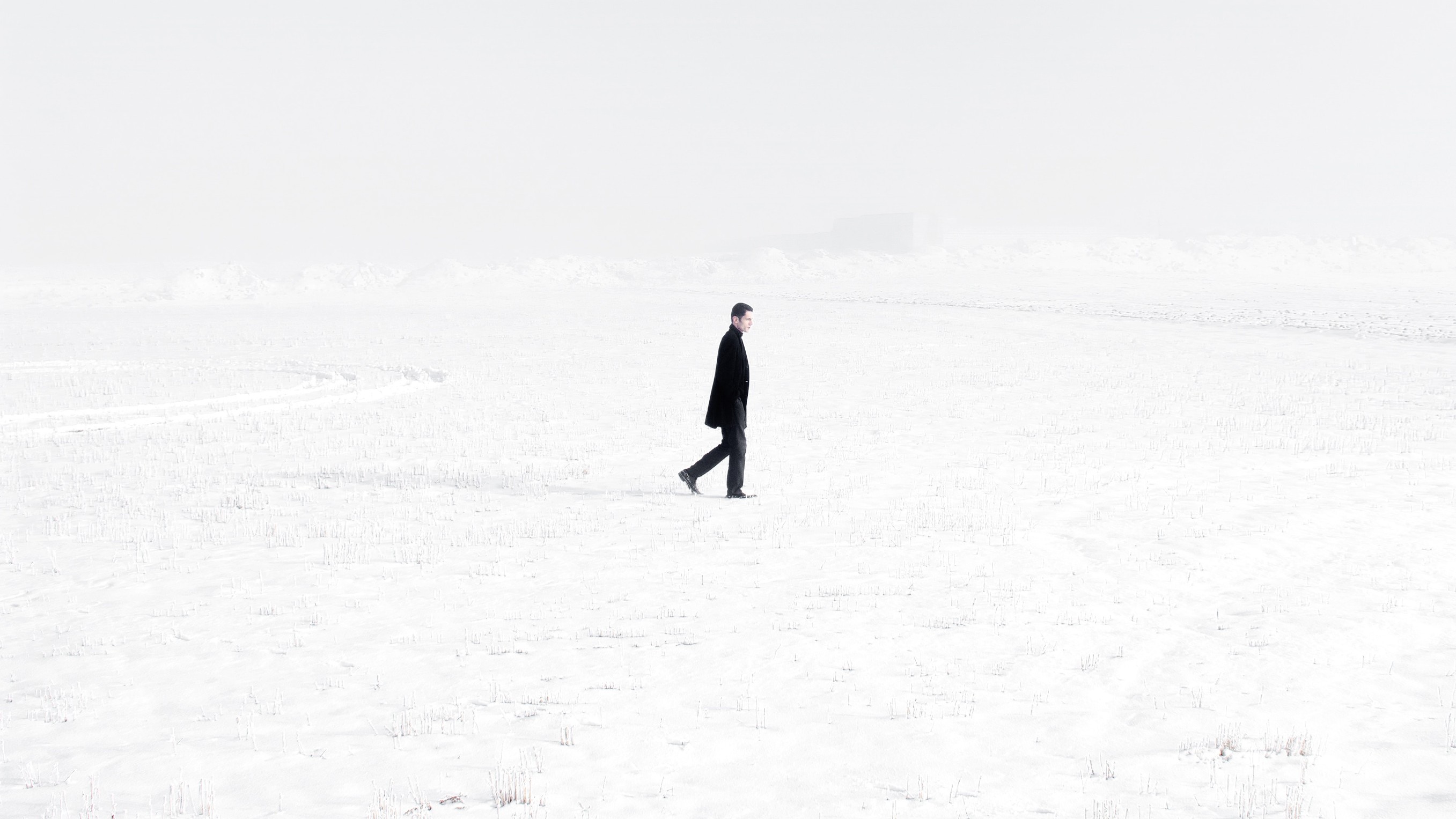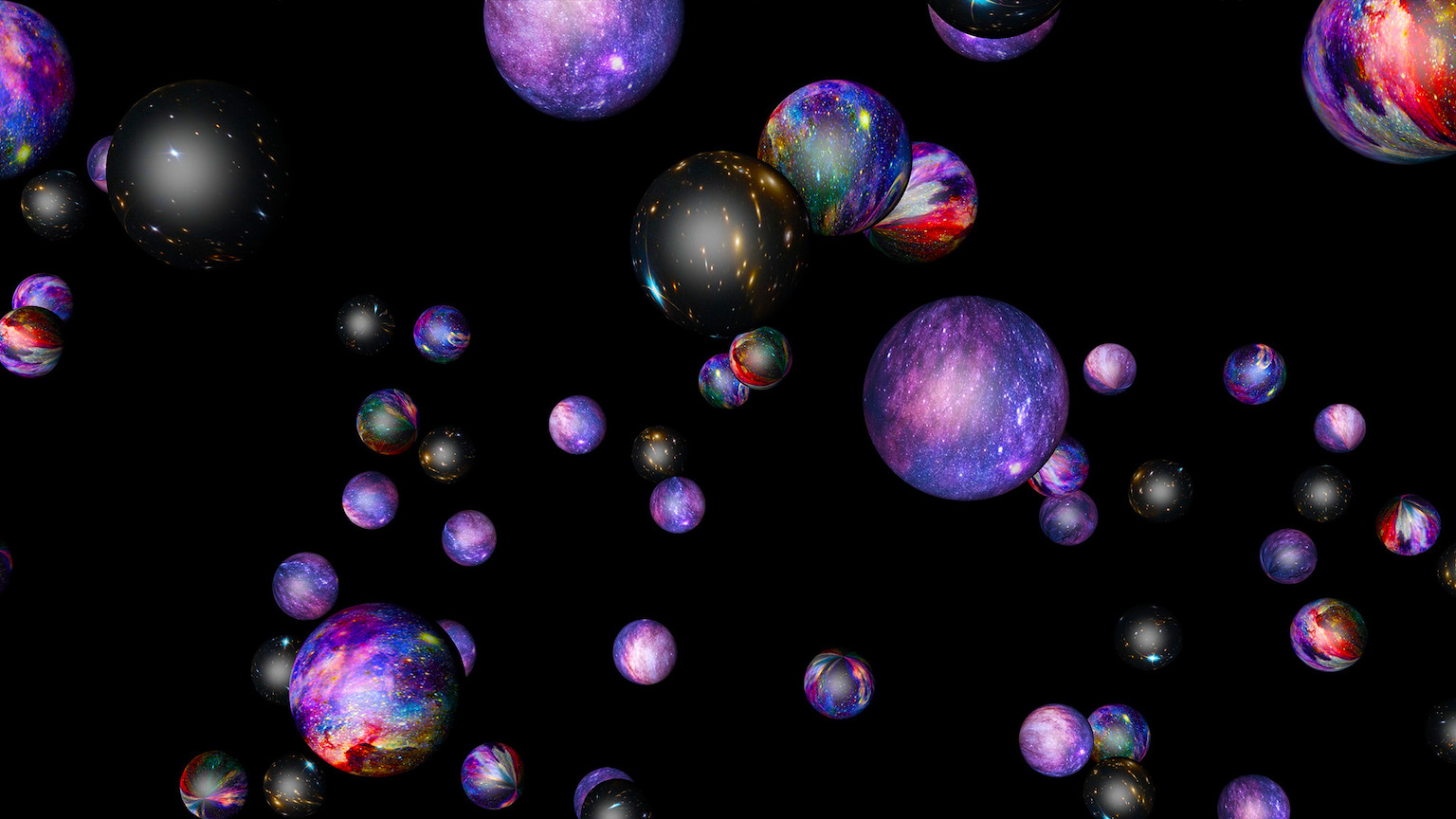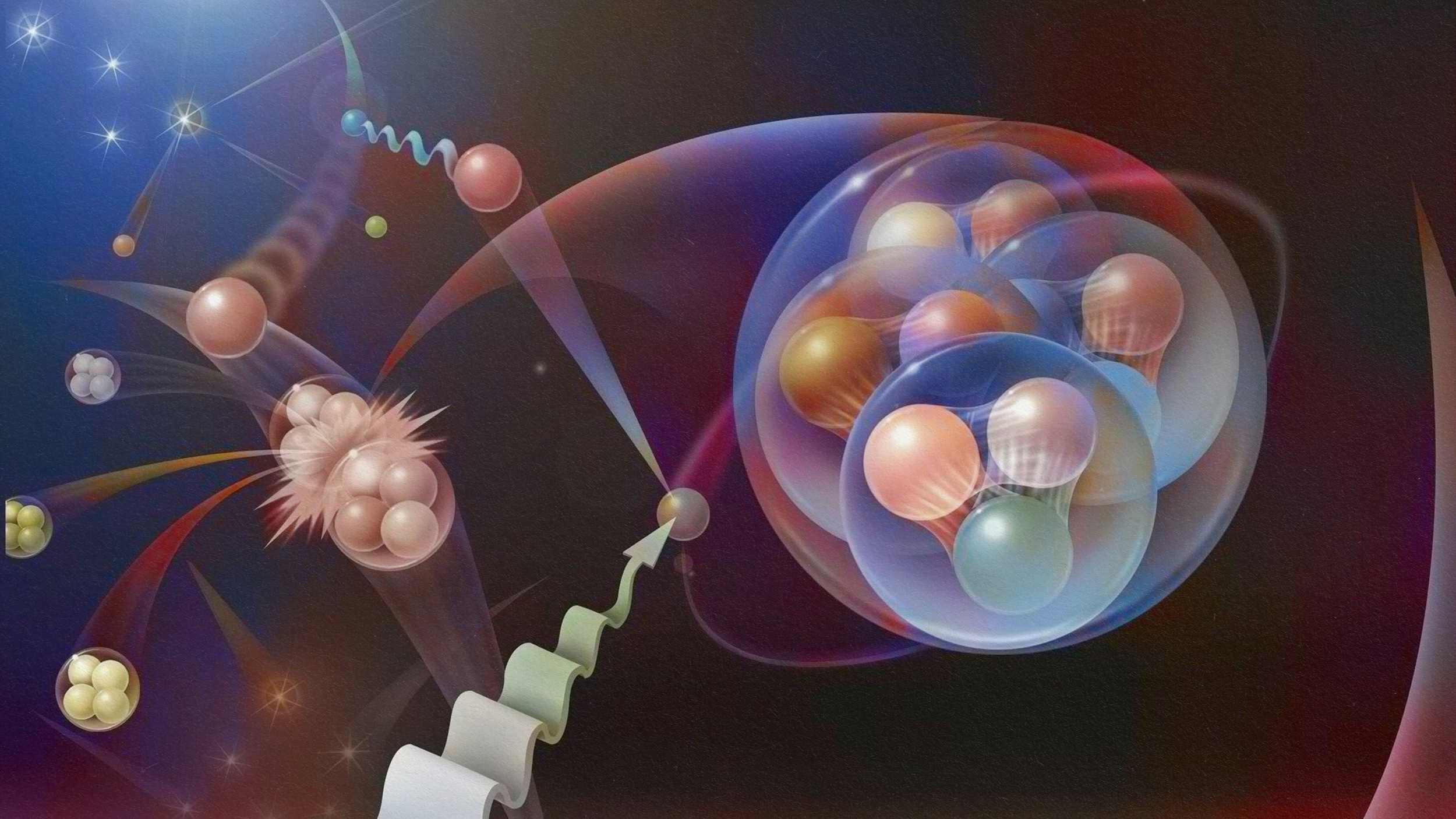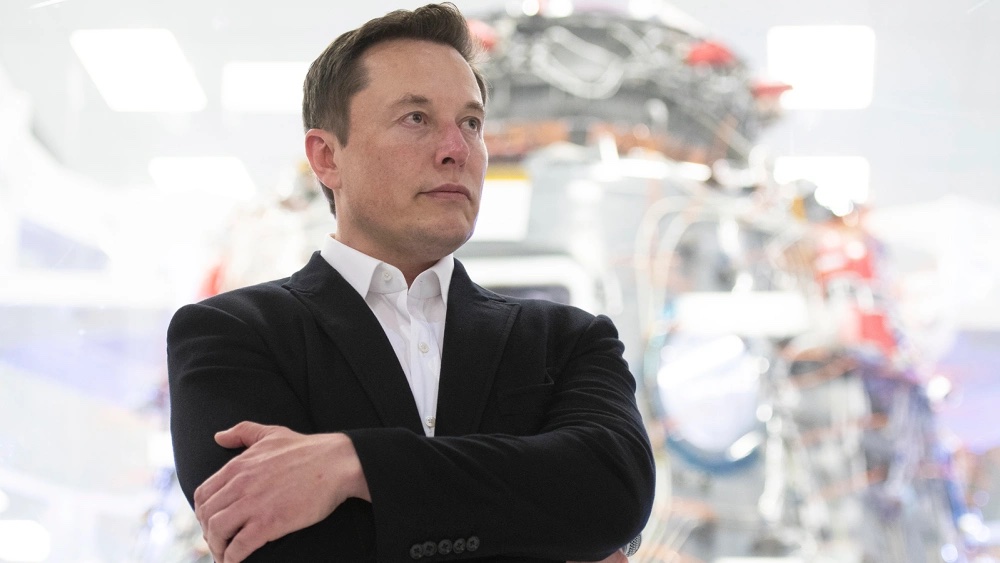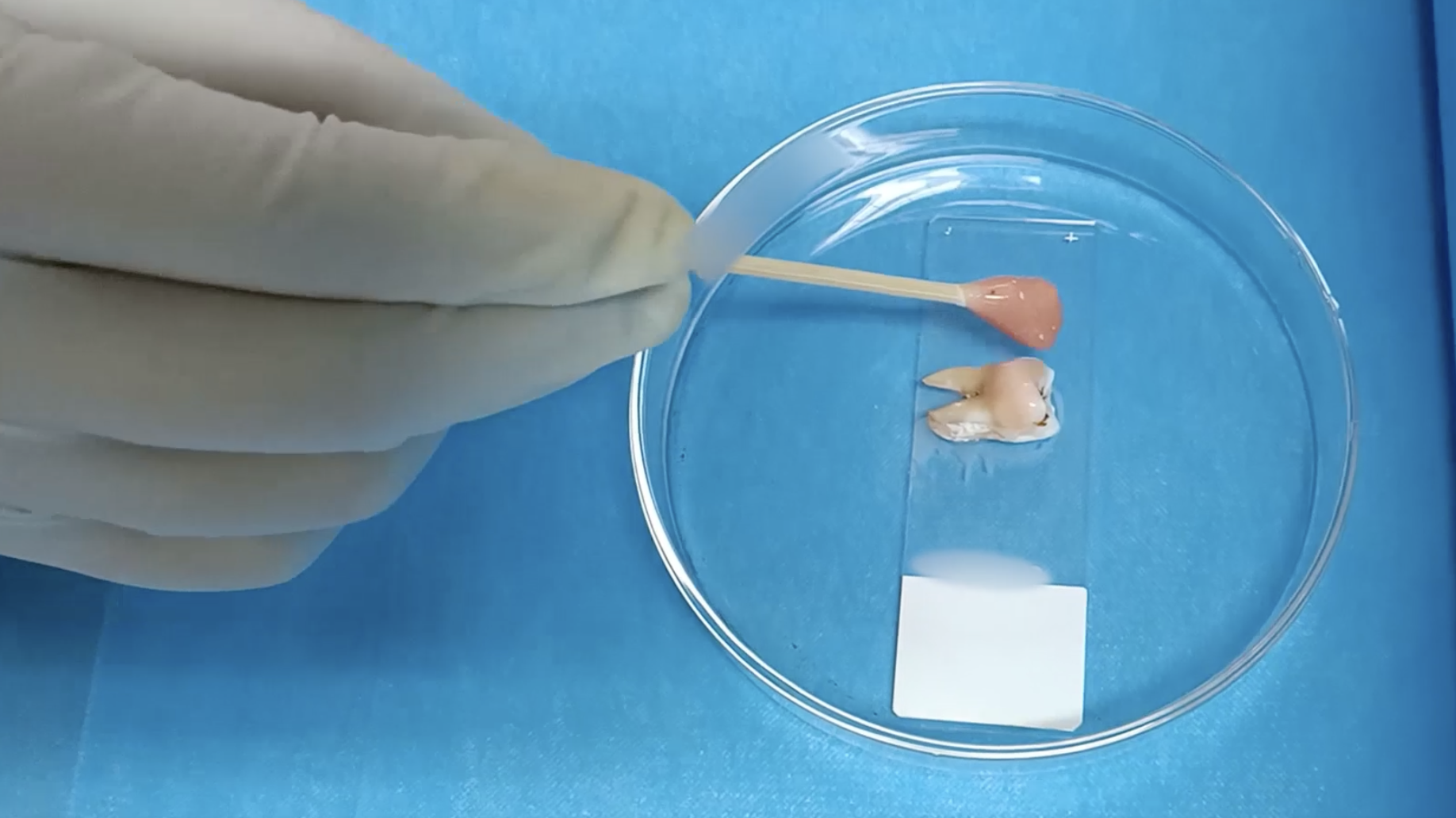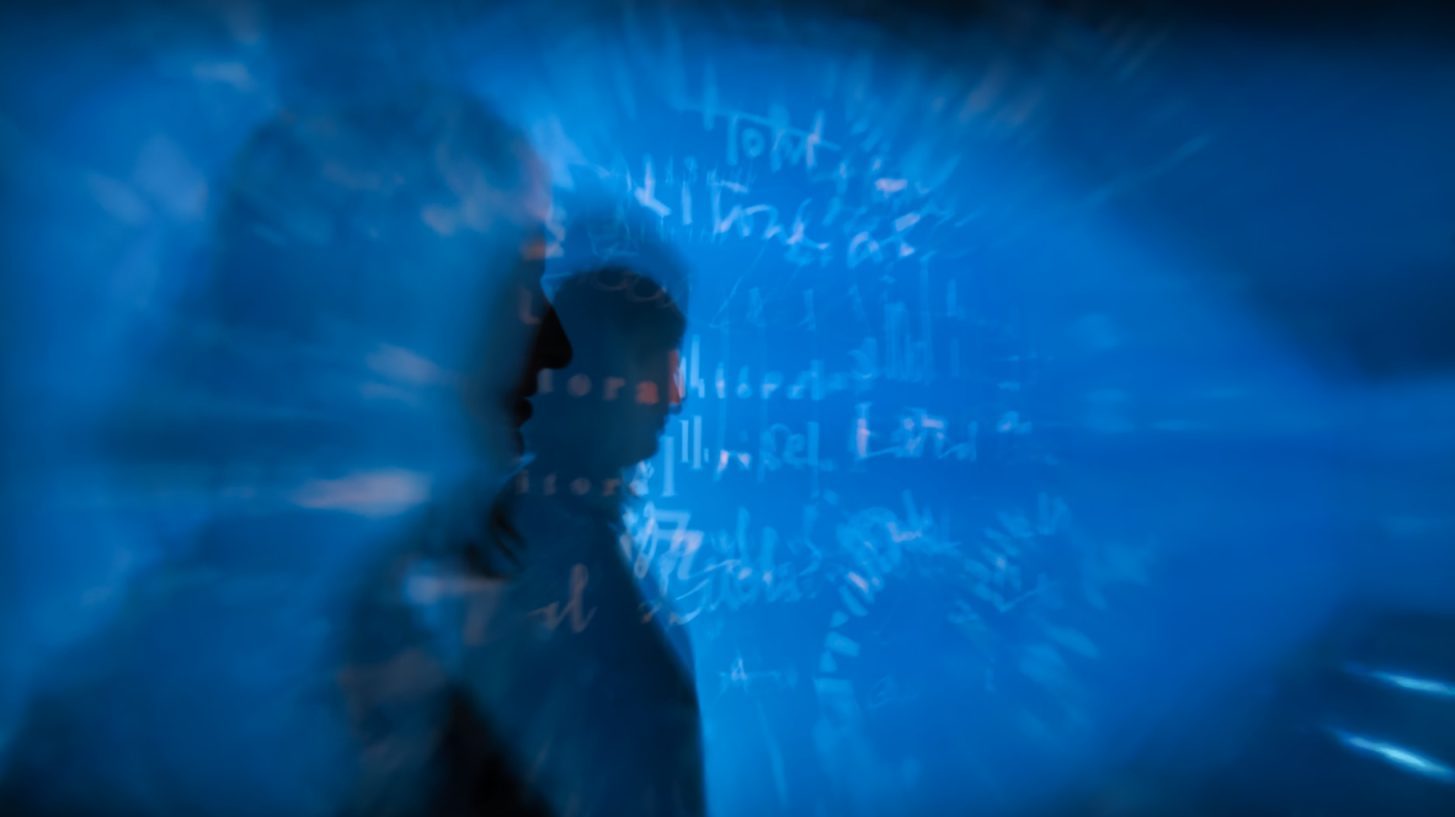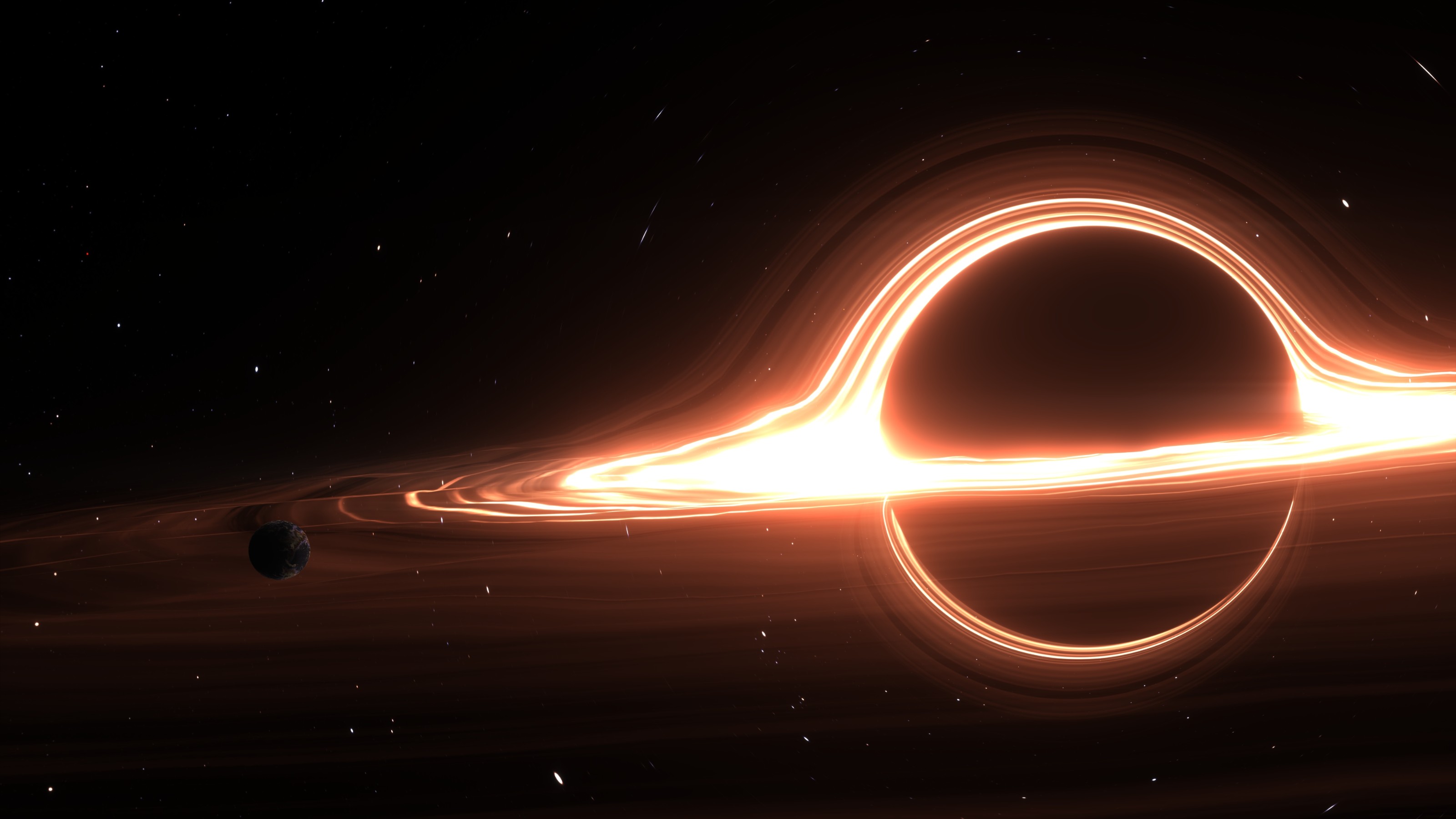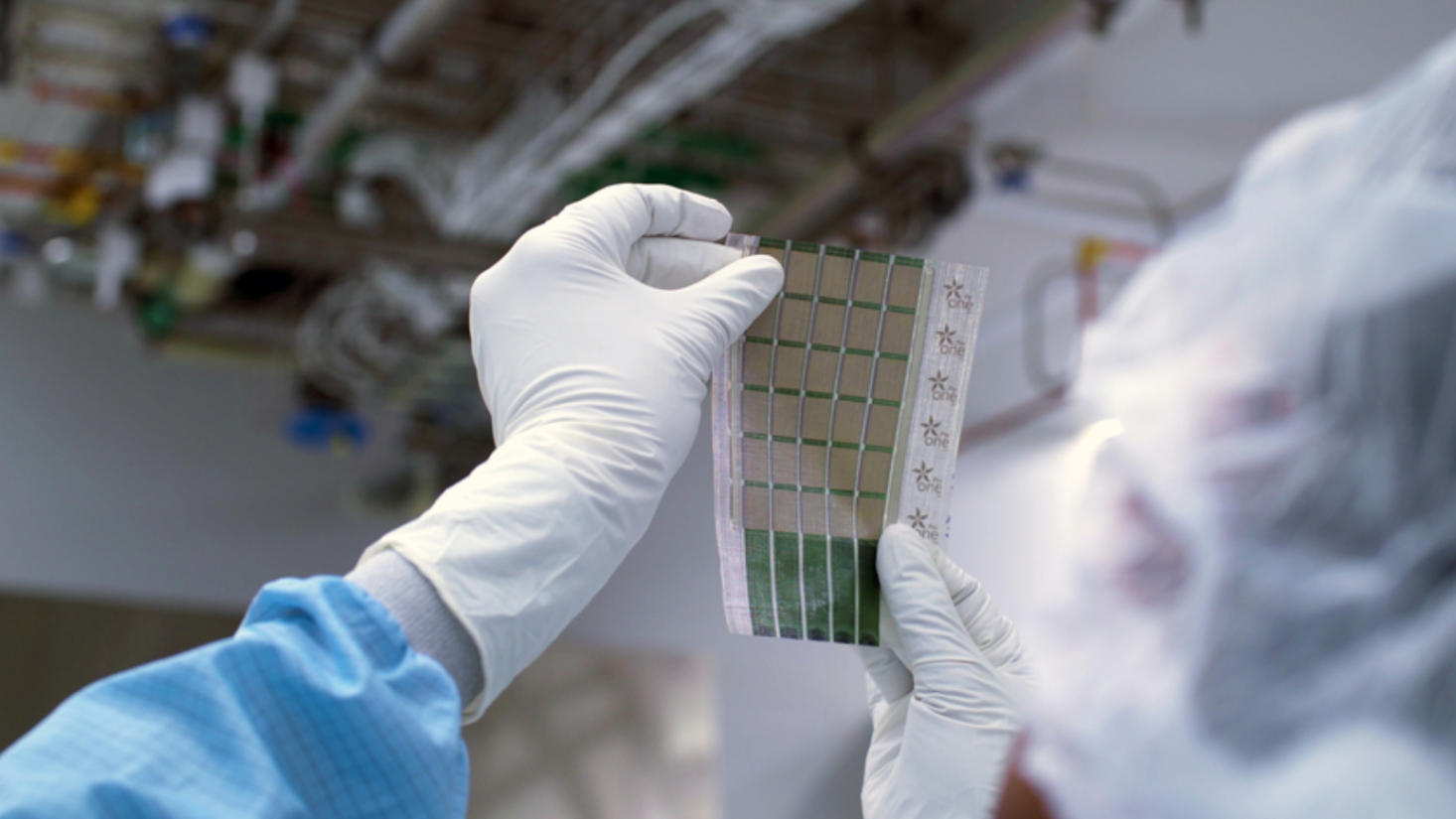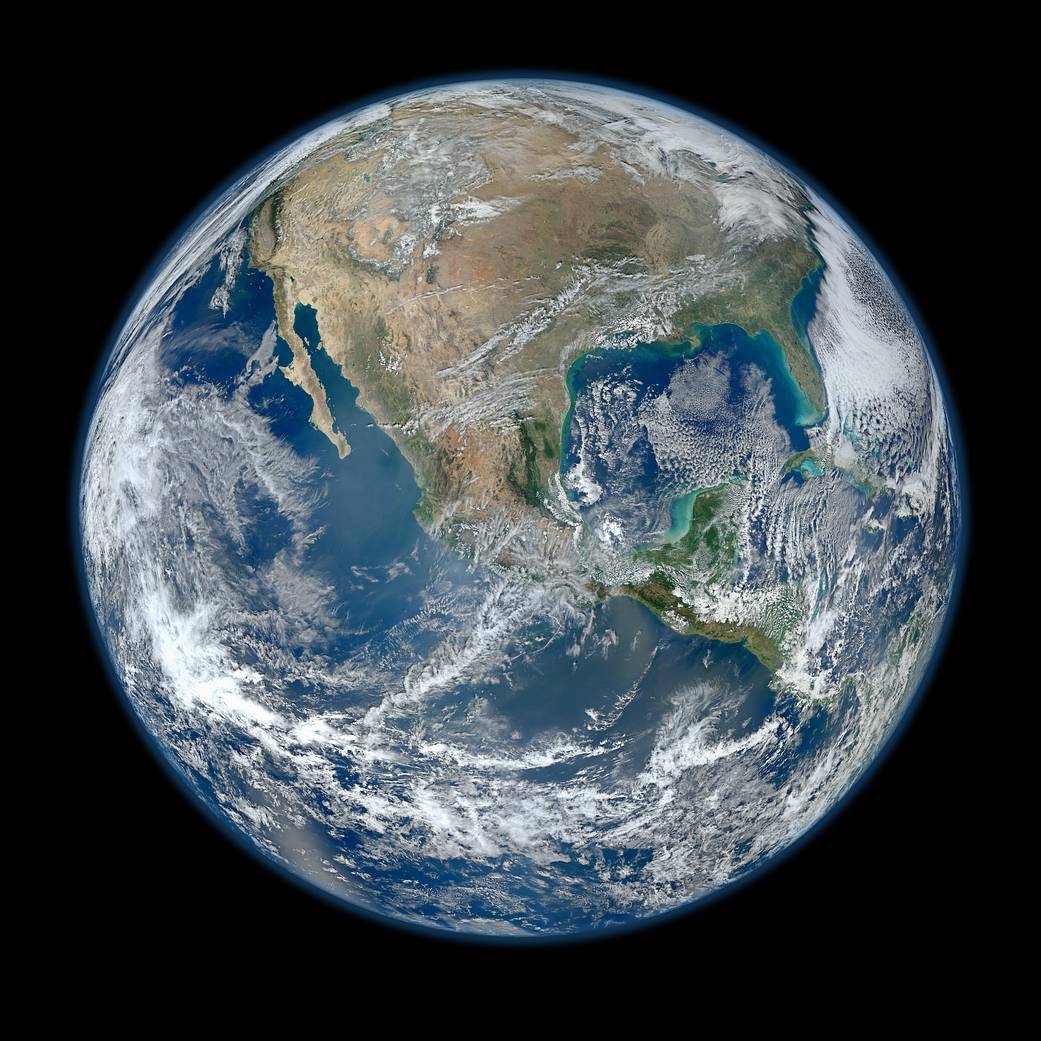The chances that a newborn survives childhood have increased from 50% to 96% globally.
Search Results
You searched for: -%20-
Scientists captured it on footage 1.5 miles below the surface.
What we’ve learning from the world’s coldest, most forbidding, and most peaceful continent.
Size matters, but it’s not the only thing.
Europa may be difficult to access. But if a recent study is correct, its subsurface ocean would be more accessible than previously thought.
Maybe bring an umbrella just in case.
Deaths of despair are skyrocketing in the U.S., while at the same time, they are falling in other wealthy countries. What are we doing wrong?
Not every “expert” has the expertise to back up their argument.
We don’t know when or how music was originally invented, but we can now track its evolution across space and time thanks to the Global Jukebox.
In the spirit of the 1969 moon landing, we now have a golden opportunity to pursue “nondisruptive” creative solutions.
Ancient bones reveal that domesticated felines were at home in Pre-Neolithic Poland around 8,000 years ago.
This small phase 1 study suggests that CRISPR-engineered T cells are safe and potentially effective, but there is a long way to go.
How one man’s divine dream became a poultry-shaped reality.
JWST has seen more distant galaxies than any other observatory, ever. But many candidates for “most distant of all” are likely impostors.
The divers spend their waking hours either under hundreds of feet of water on the ocean floor or squeezed into an area the size of a restaurant booth.
On Earth, microbial growth is common in lava tubes no matter the location and climate, whether it’s ice-volcano interactions in Iceland or hot, sand-floored lava tubes in Saudi Arabia.
Astronomers used supercomputers and an international network of antennas to create the stunning map.
Why should it be considered impolite to discuss something so important to our long-term well-being?
If tourism is the lifeblood of the Peruvian economy, then Machu Picchu is the heart pumping that blood — in sickness and in health.
Michio Kaku predicts, among other things, how we’ll build cities on Mars and why cancer will one day be like the common cold.
Your subjective experience might not end the moment your heart stops, research on near-death experiences suggests.
SpinLaunch will cleverly attempt to reach space with minimal rocket fuel. But will physics prevent a full-scale version from succeeding?
In scientific theories, the Multiverse appears as a bug rather than as a feature. We should squash it.
The quantum world — and its inherent uncertainty — defies our ability to describe it in words.
Spotty connectivity isn’t going to jeopardize Ukraine’s drone attacks.
When scientists tested this hydrogel on mice, they had cleaner teeth than most humans.
A recently identified stage of sleep common to narcoleptics is a fertile source of creativity.
At 1,600 light years away, the black hole is practically in our cosmic backyard.
Some solar cells are so lightweight they can sit on a soap bubble.
Science is for everyone, even those possessing strongly held beliefs that seem to conflict with the best available evidence.
